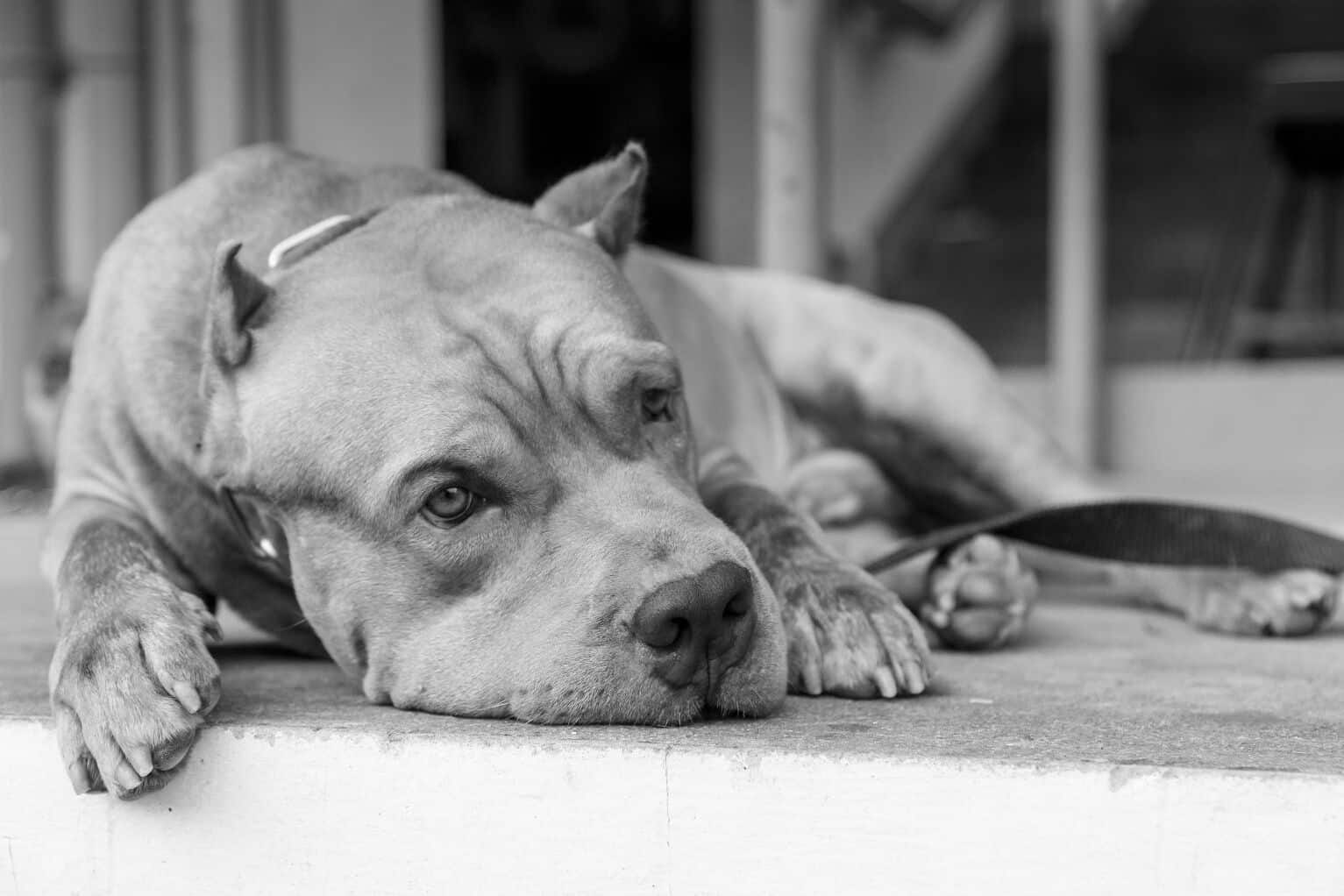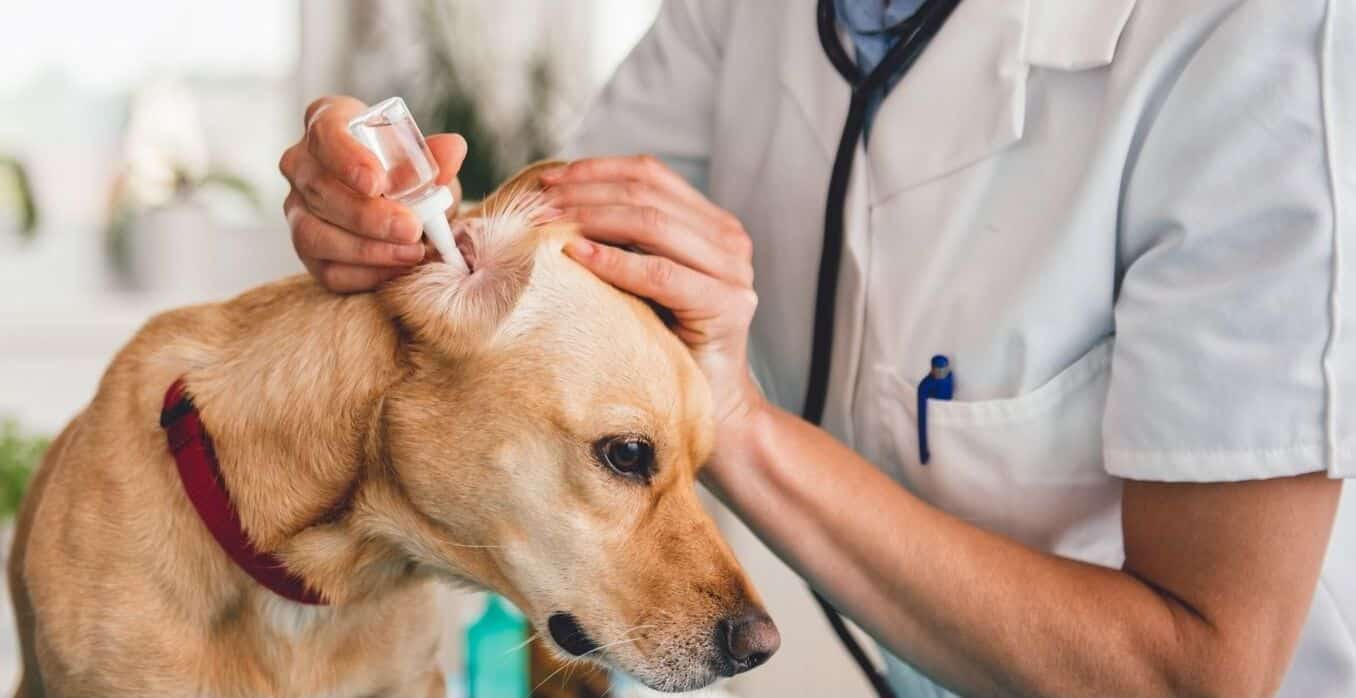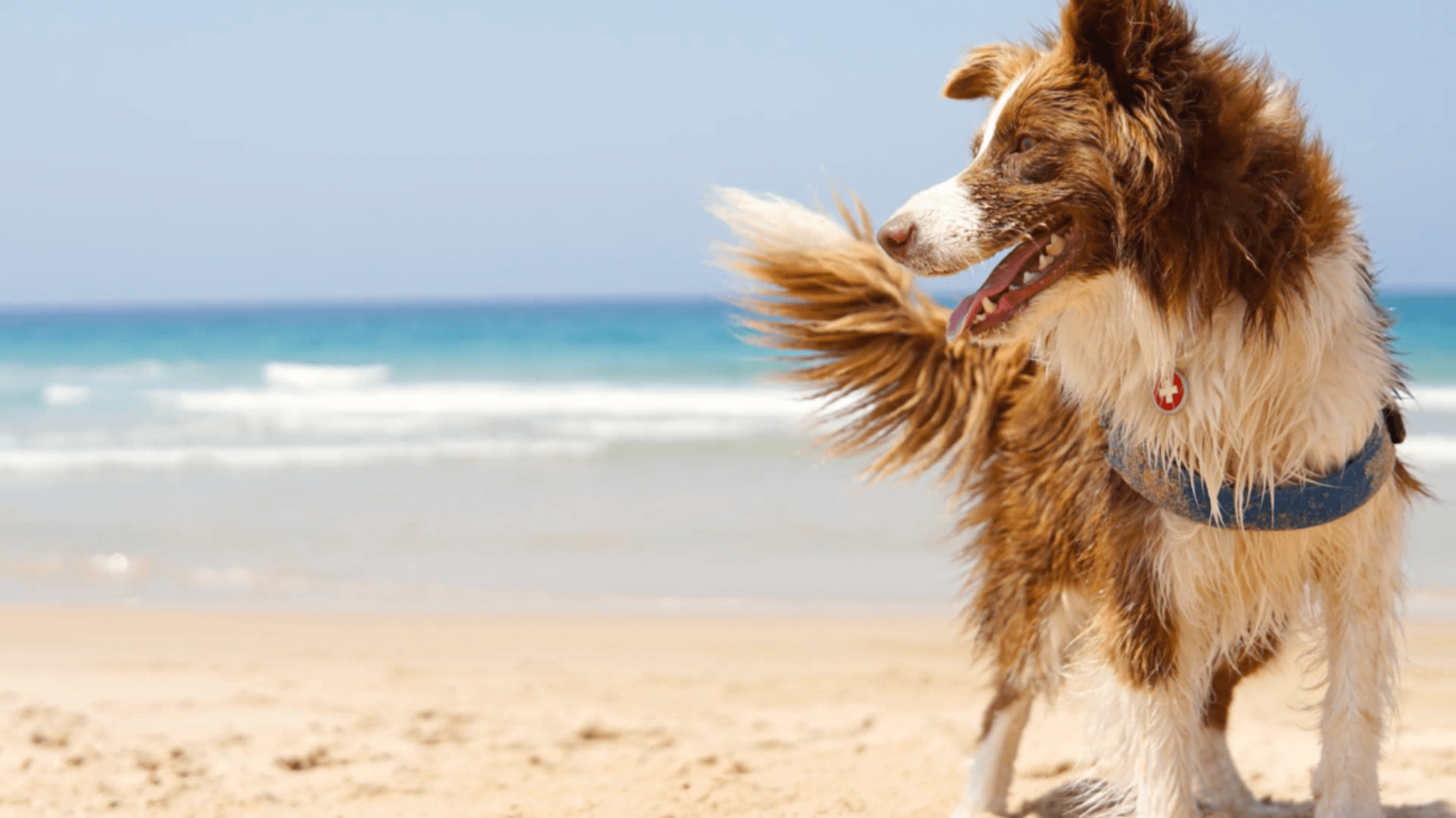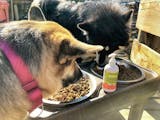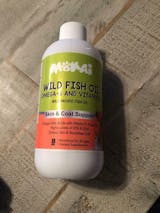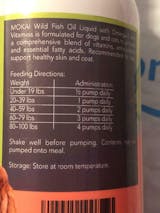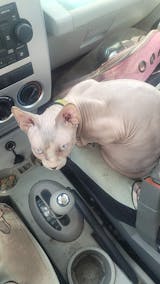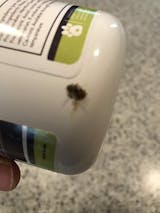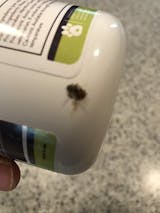Enjoying our pup’s kisses is one of the best things in life. As puppies, their kisses have a fresh puppy smell all over them. But sometimes, as they grow up, those lovely kisses go away, and bad breath in dogs increases.
What causes bad breath in dogs?
Senior dogs, small dogs, and breeds with short snouts like Bulldogs, Pugs, and Chow Chows are more prone to suffer from bad breath. However, healthy dogs should not undergo this chronic condition.
The most common causes of halitosis are bad oral hygiene and periodontal disease. Saliva and remaining food particles can contribute to the build-up of plaque and tartar in dogs, and it can lead to developing bacteria that cause bad breath. Untreated tartar can eventually cause gum disease, tooth decay, and other oral health issues.
'Has it happened that you throw a ball at your dog, and it comes back bloody? This is because bad breath is not the only problem plaque can cause. It can also cause gum inflammation, which can be very upsetting and painful for dogs.’
How to treat bad breath in dogs?
Use dental wipes for dogs: Mokai’s Dental Wipes reduce the plaque, dental calculus, and tartar build-up on your dog’s teeth over time. They keep your pet fresh and clean while preventing gum disease and tooth decay. They consist of a solution with antimicrobial and antifungal activities.
Brush your dog teeth: Not an easy task, right? Brushing your dog teeth with a special dog brush and toothpaste can enhance your dog’s oral hygiene, but it probably won’t remove plaque and tartar build-up. Remember always to use a dog special toothpaste, since using your own can cause your dog digestion problems.
Feed him natural foods: Some foods can help clean your dog’s teeth while contributing to a fresher breath. Cucumbers, apples, carrots, apple cider vinegar, lemon, and mint are some of your dogs’ breath allies. Besides, certain vitamin deficiencies can cause gum disease, as it’s the case with Vitamin A, B3, B5, and B9. This is why is so important to give your dog all the nutrients and vitamins he needs through food and supplementation.
Much less frequently, bad breath in dogs can be an indicator of gastrointestinal disease, diabetes, or liver disease. So, if bad breath comes together with diarrhea, vomit, gases, or any other symptom, you should consult with your vet to rule out an underlying health condition.




